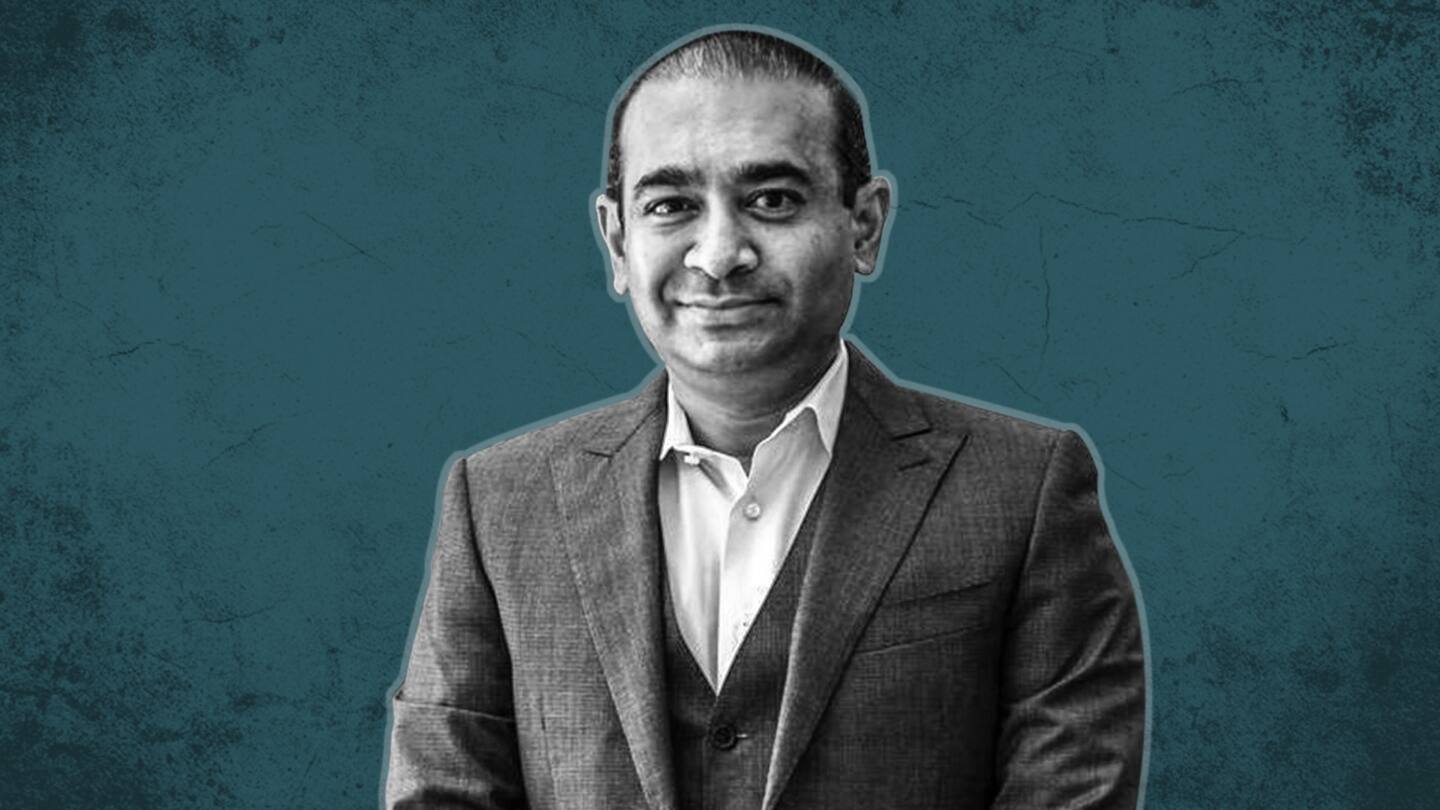
UK government clears Nirav Modi's extradition to India
What's the story
The extradition of fugitive diamantaire Nirav Modi has been cleared by the United Kingdom government.
UK Home Secretary signed the extradition order.
Modi (50) can challenge the extradition within 14 days before the UK High Court.
He is wanted in connection with the Rs. 13,500 crore Punjab National Bank fraud case by the Central Bureau of Investigation (CBI) and the Enforcement Directorate (ED).
Details
Will approach High Court: Modi's lawyer
A UK Home Office spokesperson was quoted as saying by Hindustan Times: "On 25 January, the District Judge gave judgment in the extradition case of Nirav Modi. The extradition order was signed on April 15."
Modi's lawyer, Zulfiquar Memon, told the publication, "We will now go to the High Court challenging the order of the Westminster Magistrate Court."
Recent news
UK court had allowed Modi's extradition in February
Earlier in February, a UK court had allowed Modi's extradition to India, noting that he has a "case to answer for in India."
The court observed that Modi was "fraudulently operating." The judge said, "I don't accept that Modi was involved in legitimate business."
Modi had argued his suicidal tendencies against his extradition, but India assured safe conditions in prison.
Backstory
Modi faces 2 criminal proceedings
Modi is subject to two sets of criminal proceedings.
One involves the case registered by the CBI over the large-scale PNB fraud wherein he obtained illegal letters of undertaking (LoUs) or loan agreements, defrauding the bank of Rs. 13,500 crore.
The second case was registered by the ED and is related to the laundering of the proceeds of that fraud.
Arrest
Modi had fled India shortly before scam came to light
Before the large-scale scam was reported, Modi fled India along with wife Ami, brother Nehal, and uncle Mehul Choksi.
He was traced in London, UK, and arrested on an extradition warrant on March 19, 2019.
He has sought bail multiple times, however, his pleas have repeatedly been turned down at both the Magistrates' and High Court level, since he was deemed a flight risk.